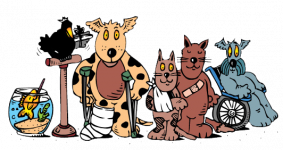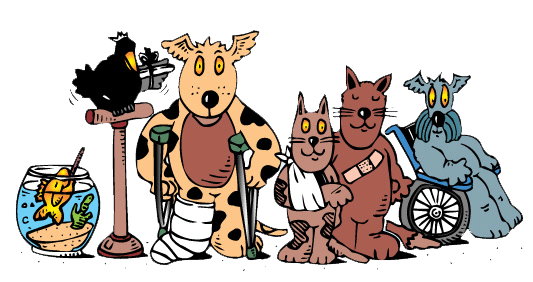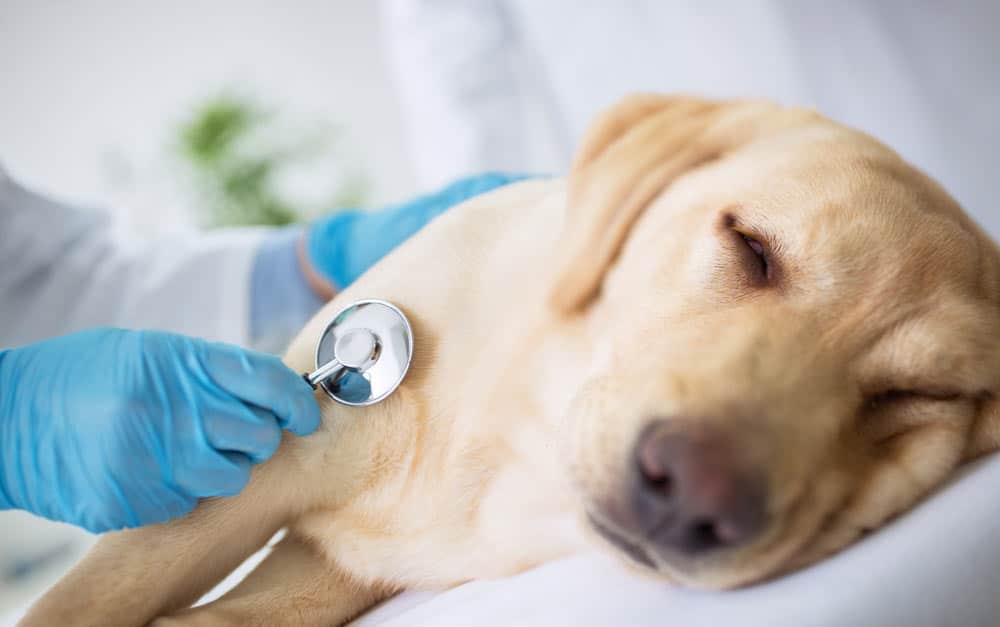Have you ever looked into your dog’s eyes and wondered if they’re trying to tell you something? As pet parents, it’s your responsibility to ensure your furry friends are healthy and comfortable. This blog will guide you through understanding the silent signs of pain in dogs and the importance of immediate attention during acute pain episodes. Additionally, we’ll discuss the steps to take post-visit for recovery and rehabilitation and proactive measures to prevent pain before it even starts.
Spotting The Signs
Your canine companions rely on non-verbal cues to communicate their feelings. Veterinarians have seen numerous cases where pet owners have brought in their dogs, unaware of the subtle signs of discomfort they’ve been exhibiting:
Behavioural Changes
Dogs might become more withdrawn, less playful or even show signs of aggression when in pain. A previously active dog might start avoiding stairs or show reluctance in jumping onto their favourite couch.
Appetite And Sleep Patterns
A sudden change in appetite or disrupted sleep can also be indicators. It’s these behaviours that emphasise the importance of regular health checks.
Addressing Acute Pain
When it comes to pain, the initial hours are often the most critical. Immediate veterinary attention can make all the difference in your dog’s comfort and recovery.
- Trauma or Accidents: Whether it’s a car accident or a bad fall, immediate care is essential.
- Sudden Illness: Symptoms like excessive vomiting or difficulty breathing require urgent attention.
- Toxin Ingestion: If you suspect your dog has ingested something toxic, time is of the essence.
Veterinarians are always ready to address these emergencies, ensuring your pet gets the proper care it deserves.
Beyond The Clinic: Recovery And Rehabilitation
Once your dog is out of immediate danger, the journey of recovery begins. This phase often requires a combination of professional guidance and home care.
Post-Visit Care
Following the vet’s instructions, administering medications on-time and ensuring a comfortable resting space is important.
Regular Check-ins
It’s also beneficial to have regular check-ins with your vet to monitor the recovery process and make any necessary adjustments to the treatment plan.
Preventing Pain Before It Begins
Prevention is always better than cure. By being proactive, you can ensure your dog’s well-being and potentially prevent many painful conditions.
- Regular Health Checks: Routine visits to veterinarians can help in the early detection of potential issues.
- Vaccinations: Keeping your dog’s vaccinations up to date is important.
- Dental Health: Regular dental check-ups can prevent painful oral conditions.
- Flea and Tick Prevention: Using preventive measures can save your dog from painful bites and potential diseases.
Prioritise Your Pet's Health With Sarina Veterinary Surgery
Understanding your dog’s health and well-being is a combination of keen observation, immediate action during emergencies and preventive care. At Sarina Veterinary Surgery, we’re here to guide you every step of the way. If you’re in Sarina and need advice or care for your pet, don’t hesitate to get in touch via our contact page. Your pets are part of our family too and we’re committed to keeping them healthy.


